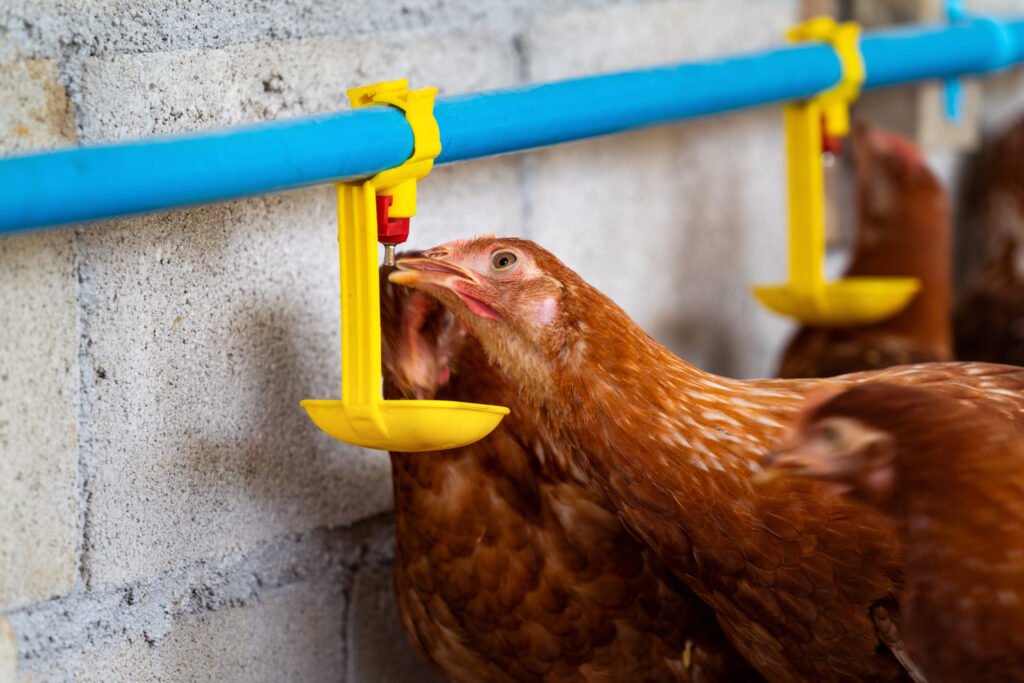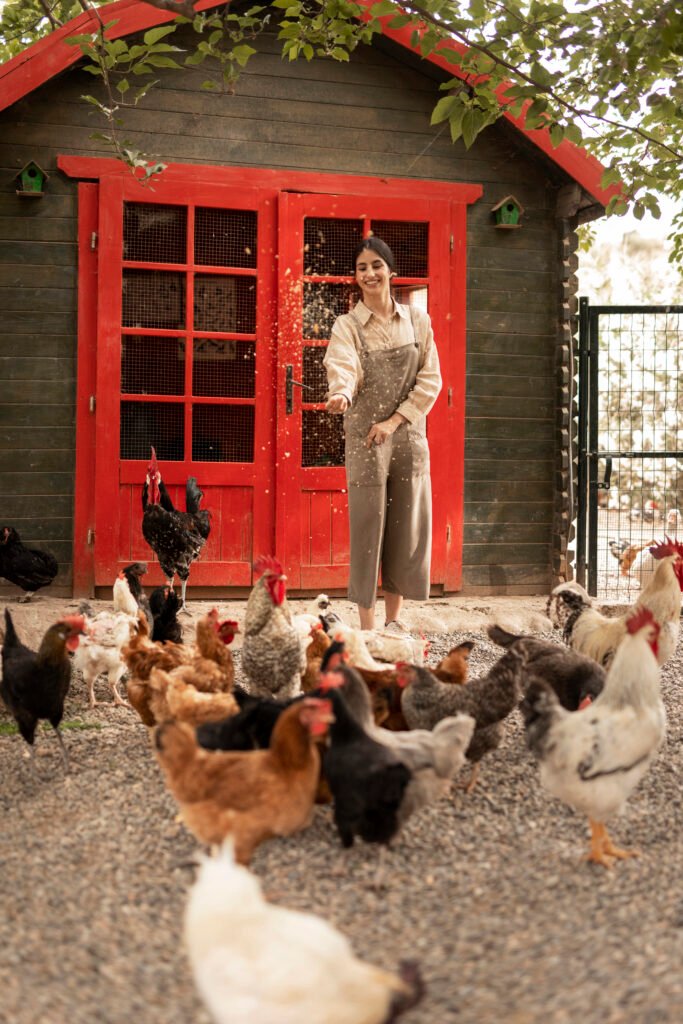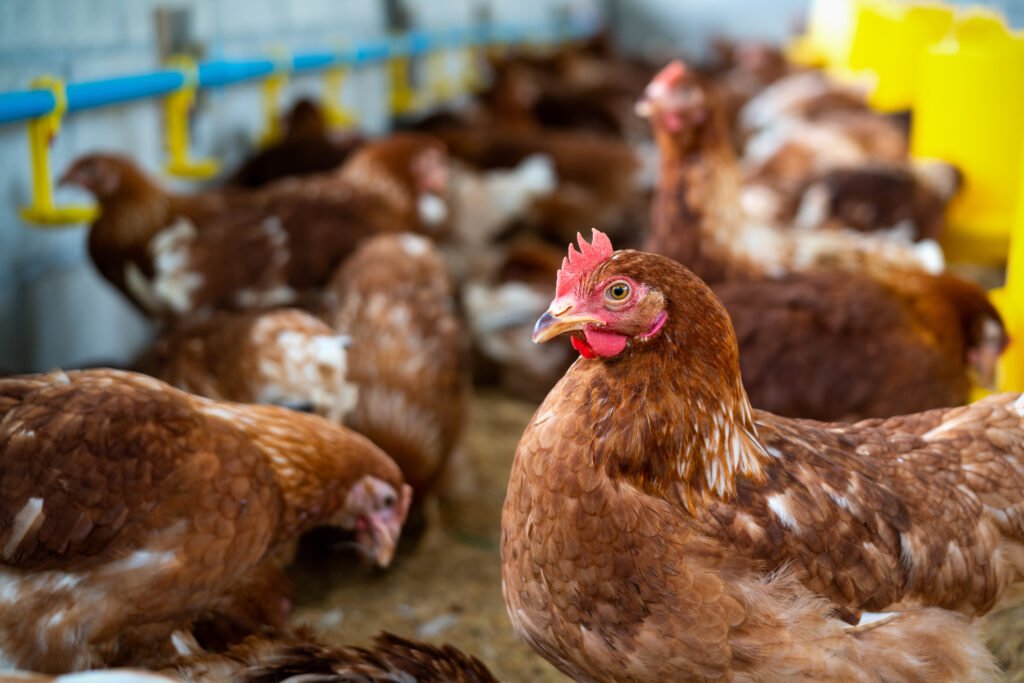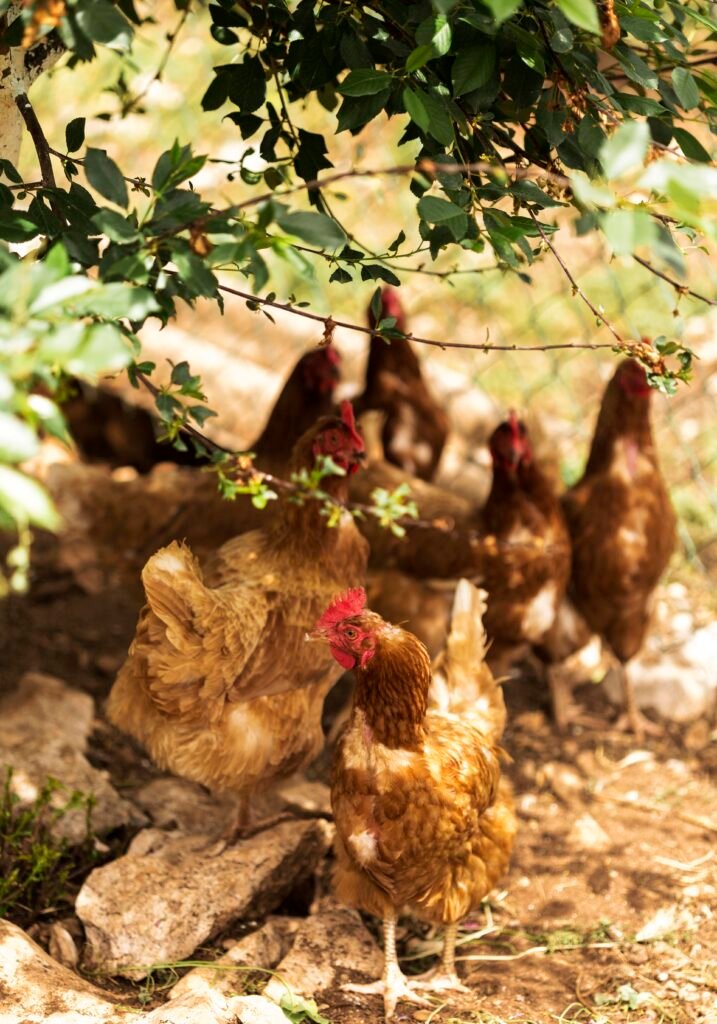
Learn how to start a profitable egg farming business step by step. From choosing breeds to housing, feeding, and marketing your eggs, this complete guide covers everything beginners need to know.
How to Start a Poultry Farming Business?
Egg farming, also known as poultry egg production, is one of the most rewarding and sustainable businesses in agriculture. With the rising global demand for eggs due to their nutritional benefits, many beginners are now looking to start their own poultry farms to generate a consistent income.
Whether you are in the US, Australia or anywhere else, the fundamentals of egg farming remain the same. You need proper planning, reliable management, and the right strategies to ensure your farm grows successfully. In this guide, we’ll take you through every essential step to start your egg farming journey confidently.
Conduct Market Research
Before investing in any business, the first step is always to research. For egg farming, you must study your target market, local demand, and competition.
Identify where you’ll sell your eggs: local markets, wholesalers, retailers, or direct consumers. Analyse prices, packaging preferences, and customer expectations. Understanding your buyers helps you design your farm production plan accordingly.
You should also research the regulations and licenses required to operate a poultry farm in your region. Some areas need veterinary or environmental approvals, so it’s best to confirm these early.
A good market analysis helps you minimise risks and make informed decisions before you spend money.
Choose a Suitable Location
Your farm location plays a crucial role in your success. Select a site with good road access, clean water, electricity, and proper drainage.
Keep the farm slightly away from residential areas to reduce odour and noise complaints. The site should be large enough to allow expansion and have good ventilation and sunlight exposure.
Proximity to feed suppliers and markets is also important because it reduces transportation costs and ensures a smooth supply.
Avoid flood-prone or overly humid areas, as these can increase disease risk for chickens.
Decide on the Type of Poultry
In poultry farming, you can raise chickens for meat (broilers) or for eggs (layers). Since this guide focuses on egg farming, we’ll focus on layer chickens.
There are two main types of layer farming systems: battery cage and free-range.
Battery cages are more controlled and efficient for large-scale production, while free-range systems offer more natural conditions and can appeal to health-conscious consumers.
Choose the one that fits your budget, space, and target market. For beginners, a small-scale cage system is usually easier to manage and monitor.
Create a Budget
Planning your budget helps you estimate startup and running costs. Include the cost of land, construction, chicks, feed, vaccination, equipment, and labour.
Keep some funds reserved for emergencies or unexpected issues, like disease outbreaks or feed shortages.
A simple cost breakdown will guide your financial decisions and prevent overspending. Consider starting small and scaling as your experience and profit grow.
Construct Housing for Poultry
A comfortable and hygienic chicken house ensures better egg production. Proper housing protects your birds from predators, harsh weather, and diseases.
Design the house with good ventilation, lighting, and temperature control. The floor should be dry and easy to clean. You can use wire mesh for walls to improve airflow.
For layers, provide nesting boxes and perches. Each bird should have enough space to move comfortably. Overcrowding leads to stress and lower egg production.
Install a waste management system to keep the area clean and prevent the spread of infections.
Source Quality Chicks
Healthy chicks are the foundation of a successful egg farm. Always purchase from reputable hatcheries or certified suppliers.
Check for vaccination records and ensure the chicks are active and disease-free. Poor-quality chicks can cause major losses later.
Depending on your target production, start with a manageable number—perhaps 500 to 1,000 chicks. Once you gain experience, you can expand your flock size.
Arrange Feed and Water Supply
Feed is one of the highest costs in egg farming, but it directly impacts productivity. A balanced diet rich in protein, vitamins, and calcium helps hens produce high-quality eggs consistently.
Ensure constant access to clean water. Automatic drinkers and feeders can save time and reduce waste.
You can also supplement their diet with kitchen waste or organic grains if you’re running a small-scale or free-range operation.
Monitor feed consumption and adjust according to bird age and egg production stage.
Implement Biosecurity Measures
Biosecurity means keeping your chickens safe from diseases. This is essential for every egg farm.
Limit visitor access to your farm and disinfect footwear and equipment regularly. Quarantine new birds before adding them to your flock.
Clean chicken houses frequently and dispose of waste properly. Keep rodents and wild birds away, as they often carry infections.
Vaccinate your birds on schedule and maintain health records. Preventing disease is always cheaper and easier than treating it.

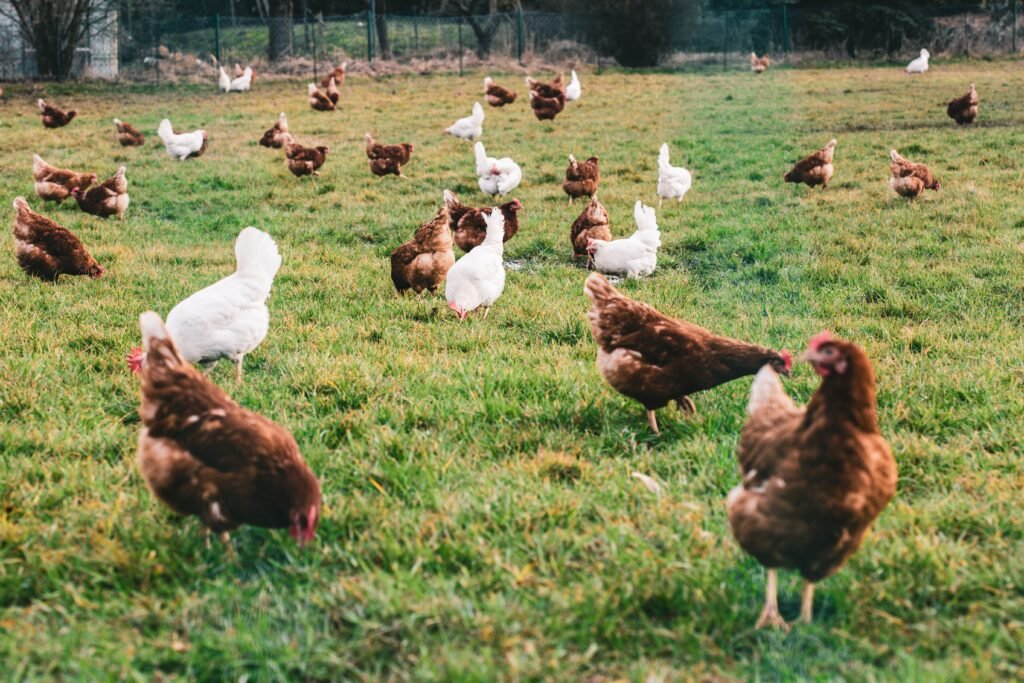
Hire Skilled Staff
If your farm grows large enough, you’ll need staff to help with feeding, egg collection, cleaning, and record-keeping.
Hire people with basic poultry handling experience or provide proper training. Skilled staff can spot early signs of illness or stress in birds, saving you from potential losses.
Teamwork and consistency are key in maintaining daily operations smoothly.

Market Your Products
Good marketing ensures your eggs reach the right customers. Create a simple brand identity for your farm with a name, logo, and packaging that stand out.
Focus on freshness, cleanliness, and nutritional quality when promoting your eggs. You can sell to grocery stores, restaurants, or even directly to consumers through local markets or social media.
Offering farm tours or online content about your egg production can help build trust and attract loyal buyers.
Consider partnering with bakeries, cafes, or local businesses that use eggs regularly.
What Chicken Breed Can Best Meet Your Production Needs?
Choosing the right chicken breed depends on your climate, space, and business goals. For egg production, the most popular layer breeds include:
- White Leghorn: Excellent for commercial egg production with high feed efficiency.
- Hy-Line Brown: Known for consistent brown eggs and adaptability to different conditions.
- ISA Brown: Productive, friendly, and perfect for small-scale farms.
- Rhode Island Red: Dual-purpose breed, producing both eggs and meat.
You can experiment with different breeds to find what works best for your setup. Always ensure they come from reliable sources.
10 Critical Startup Costs for Your Poultry Business
To launch a successful poultry farm, you must understand the primary expenses involved. Planning for these costs early will help you avoid financial strain later. Here are the ten most important factors to include in your budget:
Additional Logistics: This covers transport, permits, and insurance. Having a clear plan for these extras ensures smooth operations.
Land Selection: The cost of purchasing or renting land depends heavily on location and size. You should choose a site that allows for future expansion.
Construction Expenses: Building sturdy chicken houses and fencing requires a significant investment. High-quality materials will save you money on repairs in the long run.
Labour Management: Hiring skilled farm managers is essential for daily maintenance. This budget category includes salaries, training, and worker safety.
Chicks Sourcing: You must purchase high-quality chicks from certified hatcheries. Healthy birds are vital because they reduce mortality rates.
Food and Nutrition: Feed is your largest recurring expense. Consequently, you must provide nutrient-rich mash to ensure high egg production.
Essential Equipment: This includes feeders, drinkers, and heaters. Reliable equipment increases your farm’s overall productivity.
Vaccination Protocols: Regular veterinary checkups protect your birds from disease. Therefore, vaccination is a non-negotiable cost for your investment.
Hatchery Setup: If you plan to hatch eggs, you will need incubators. These systems require precise temperature control to be effective.
Energy Consumption: You must factor in electricity and fuel costs. These are necessary for maintaining proper lighting and heat in the coops.
Choosing the right chicken breed depends on your climate, space, and business goals. For egg production, the most popular layer breeds include:
- White Leghorn: Excellent for commercial egg production with high feed efficiency.
- Hy-Line Brown: Known for consistent brown eggs and adaptability to different conditions.
- ISA Brown: Productive, friendly, and perfect for small-scale farms.
- Rhode Island Red: Dual-purpose breed, producing both eggs and meat.
You can experiment with different breeds to find what works best for your setup. Always ensure they come from reliable sources.
Conclusion
Starting an egg farming business can be both profitable and fulfilling if done correctly. From market research to breed selection and marketing, each step contributes to your farm’s success.
Focus on maintaining hygiene, feeding quality, and continuous learning. The more you understand your flock and manage it well, the better your egg yield and income will be.
Egg farming isn’t just about producing eggs; it’s about creating a sustainable source of food and income for years to come.
